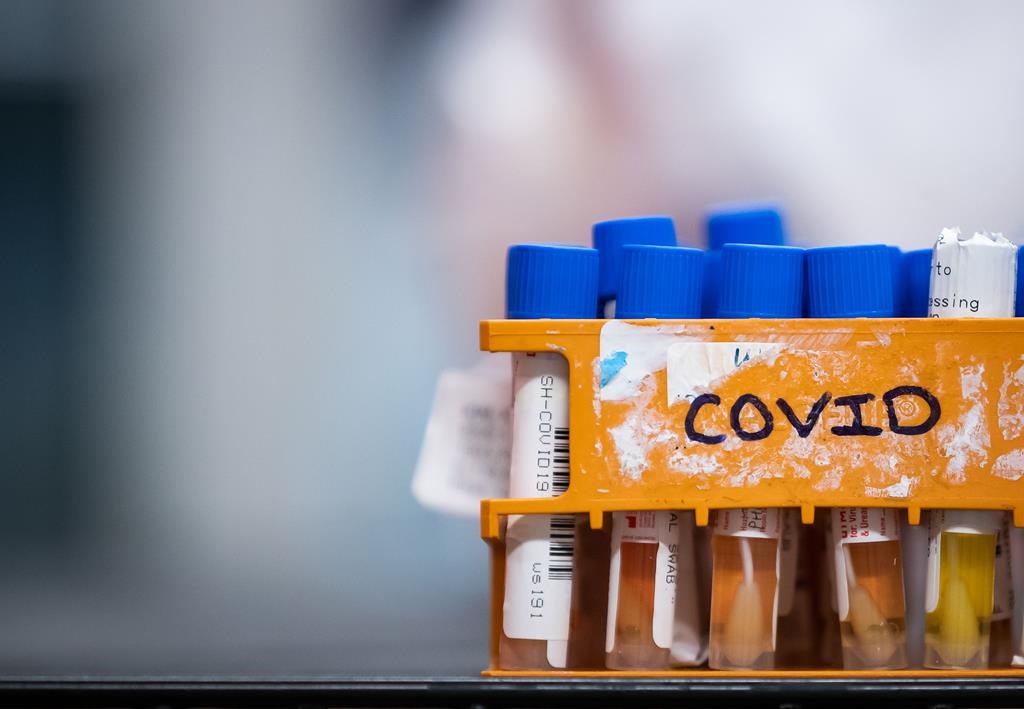The Saskatchewan government reported eight new cases of COVID-19 in the province on Tuesday, bringing the total number of cases to 184.

Health officials said four people are in hospital — one in intensive care in Regina and three are receiving care in Saskatoon.
Twenty-one people are now reported to have recovered.
Nine cases are due to local transmission, with the remainder either travel-related or cluster-related due to exposure at mass gatherings.
As of Monday, 20 cases were linked to the Christopher Lake snowmobile rally supper on March 14.
The number of cases in Saskatoon rose by six, bring the total to 90. Regina now has 39 cases, with 37 reported in the north, nine in the central region, six in the south and three in the far north.
More cases — 83 — are being reported in people between the ages of 20 to 44 than any other age group.
There are 64 cases in people between the ages of 45 and 64, 31 in people 65 years of age and older, and six in people aged 19 and younger.
Health officials said 9,824 people have been tested as of March 30, with results pending in 61 cases.

Get weekly health news
They added Saskatchewan continues to have the second-highest per capita testing rate among all the provinces.
A press conference with Dr. Saqib Shahab, Saskatchewan’s chief medical health officer, was not held on Tuesday and government officials did not state why.
The first two deaths in Saskatchewan due to complications from COVID-19 were reported on Monday.
The two residents, both in their 70s, lived in separate parts of the province, but officials did not say where.
One death was related to travel and the second death remains under investigation. Officials said there is no link to international travel in the second death.
While the number of new cases reported Tuesday is the lowest in a week, officials said now is not the time for people to get complacent.
The government said reports have come in of people, especially international travellers, disregarding directives to self-isolate.
They said failing to follow public health directives will increase the amount of time it takes to flatten the curve and are urging everyone to do their part to protect themselves, neighbours and the community.
Questions about COVID-19? Here are some things you need to know:
Health officials caution against all international travel. Returning travellers are legally obligated to self-isolate for 14 days, beginning March 26, in case they develop symptoms and to prevent spreading the virus to others. Some provinces and territories have also implemented additional recommendations or enforcement measures to ensure those returning to the area self-isolate.
Symptoms can include fever, cough and difficulty breathing — very similar to a cold or flu. Some people can develop a more severe illness. People most at risk of this include older adults and people with severe chronic medical conditions like heart, lung or kidney disease. If you develop symptoms, contact public health authorities.
To prevent the virus from spreading, experts recommend frequent handwashing and coughing into your sleeve. They also recommend minimizing contact with others, staying home as much as possible and maintaining a distance of two metres from other people if you go out.
For full COVID-19 coverage from Global News, click here.













Comments
Want to discuss? Please read our Commenting Policy first.